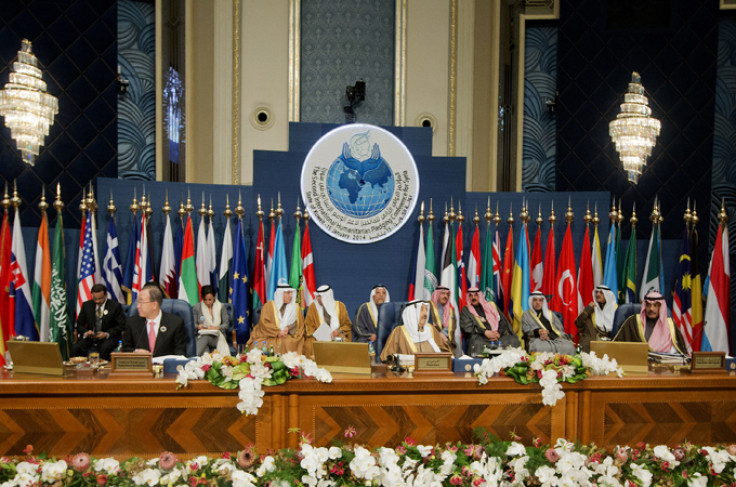UN Warns 9.3 Million Syrians Urgently Need Aid

Half of Syria's population, close to 9.3 million individuals, are in urgent need of humanitarian aid, UN secretary general Ban Ki-moon told a conference charged with pledging aid to the crisis-hit country.
Donors have met at a summit in Kuwait which aims to raise $6.5bn (£3.9bn) in humanitarian aid to Syria.
Kuwait's Emir Sheikh Sabah al-Ahmed al-Sabah opened the conference with a $500m (£304m) pledge, while the US promised $380m (£231m).
Saudi Arabia, previously criticised by Amnesty for failing, together with Russia, to fulfil its promise of aid, has pledged $250m (£152m), while Qatar promised $60m (£36m).
EU countries as a whole have pledged $753m (£459m).
The pledges represent only a third of the amount the UN said is needed, however.
US, the largest single international donor to the Syrian crisis, has also warned that the humanitarian aid will fail in its scope unless Syria's president Bashar Assad will allow the aid to reach people in need.
Syrian authorities have been accused of deliberately withholding aid from some districts.
"Donors should keep in mind that the human cost of this crisis has been increased exponentially by Syria's policy of deliberately obstructing aid," NGO Human Rights Watch said.
Shooting forced UN to abandon a food and polio vaccines delivery to Damascus on Wednesday.
The donors meeting followed Amnesty's warning against the risk of mass starvation in Syria.
Philip Luther, director of Amnesty International's Middle East and North Africa Programme, said: "The world's response to the Syria crisis has been woefully inadequate. At the end of 2013 the UN humanitarian appeal - the largest in the organisation's history - was just 70%-funded."
"The international community must step up its efforts on all fronts to prove it has not forgotten about them," Luther continued.
According to Amnesty, Syrians risk also to face severe shortages of medical care and adequate shelters.
Those who have fled to neighbouring countries also face tough conditions in poorly resourced refugee camps.
A peace conference is due to start on 24 January at the UN headquarters in Geneva, with meetings between Assad's representatives and opposition groups.
Iran has not been invited to take part after US and Russia failed to reach an agreement on its role.
Meanwhile, Britain's former prime minister Gordon Brown, who is the UN's envoy for education, said the schooling of Syria's children was as important as delivering food and medicine to refugees.
Brown told Al Jazeera about a UN plan to educate 400,000 Syrian children.
"Why should we concentrate on education? Yes it is important to provide shelter, we must provide healthcare and we've got to provide the other means by which people can survive.
"But if you don't give children education, they lose hope. They can't plan for the future. They can't think of jobs that they may do when the conflict is over.
"We end up with a generation that has lost hope for the future," Brown continued.
© Copyright IBTimes 2024. All rights reserved.






